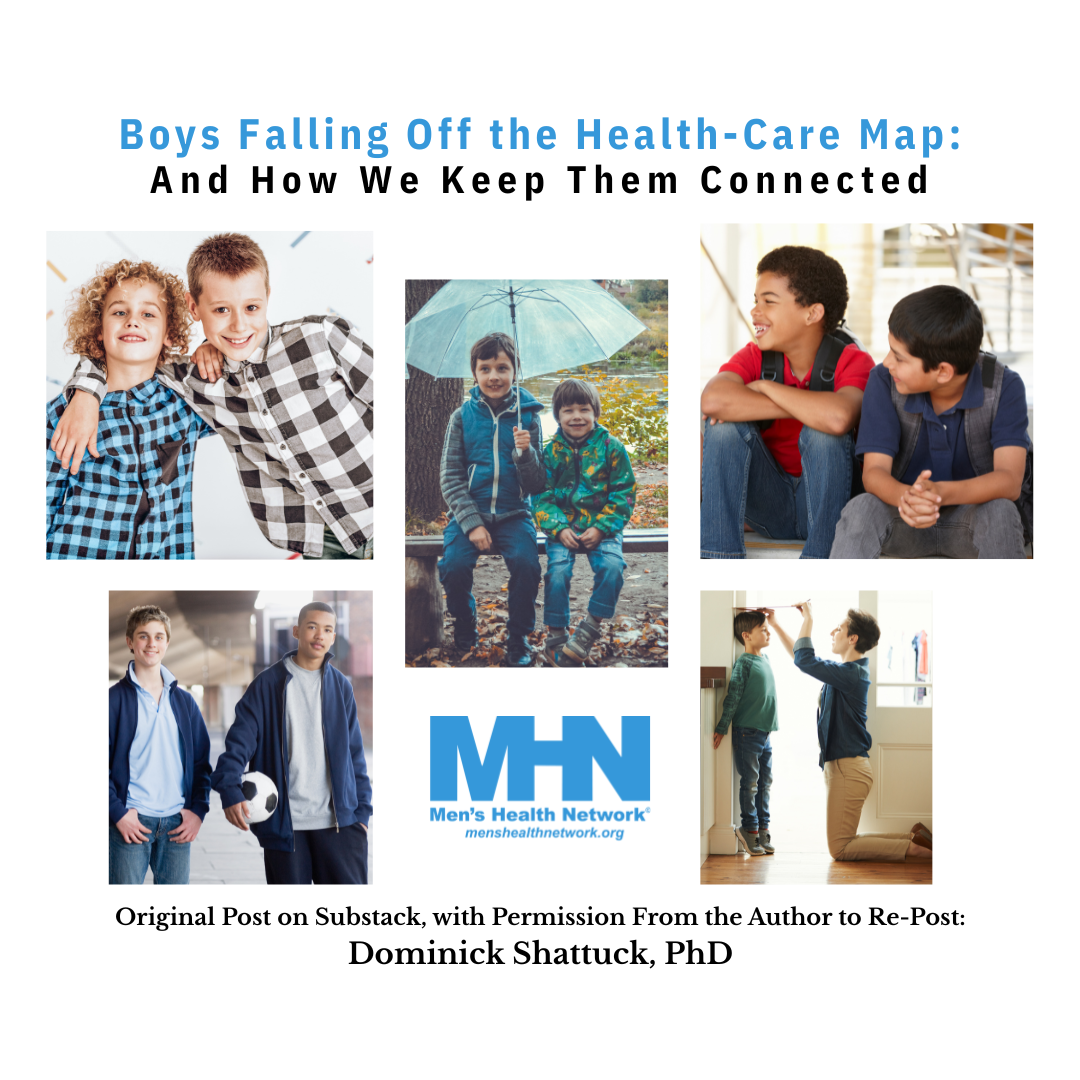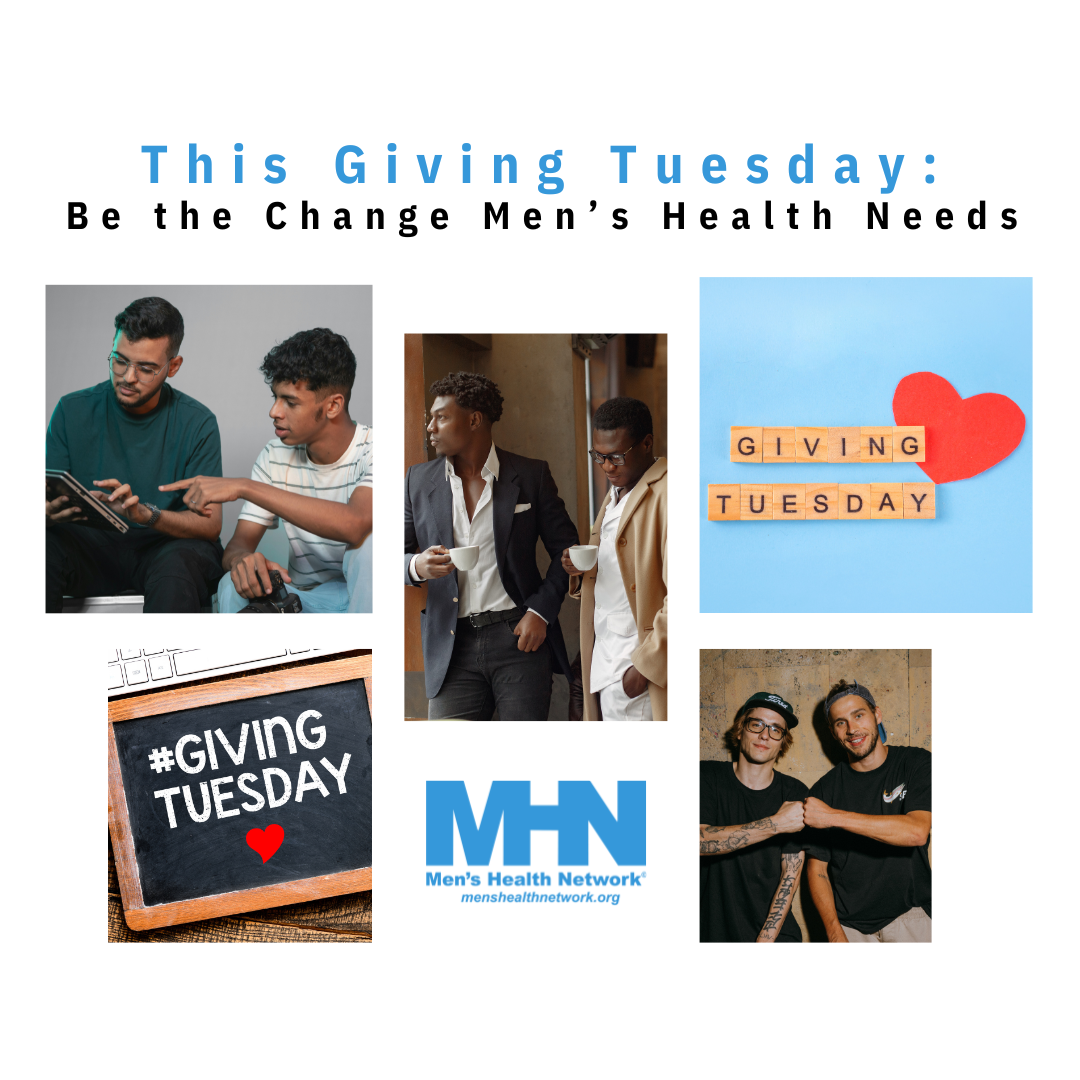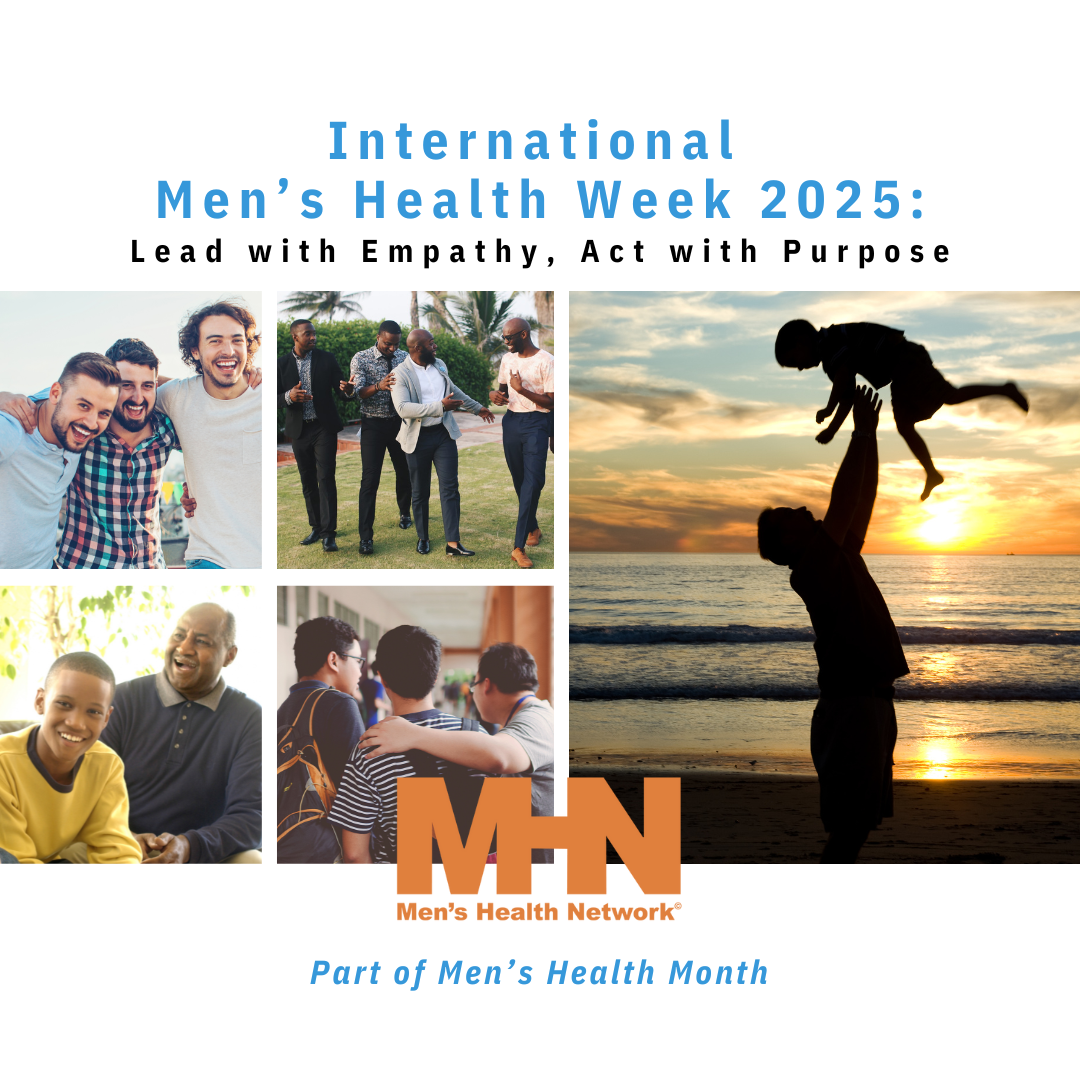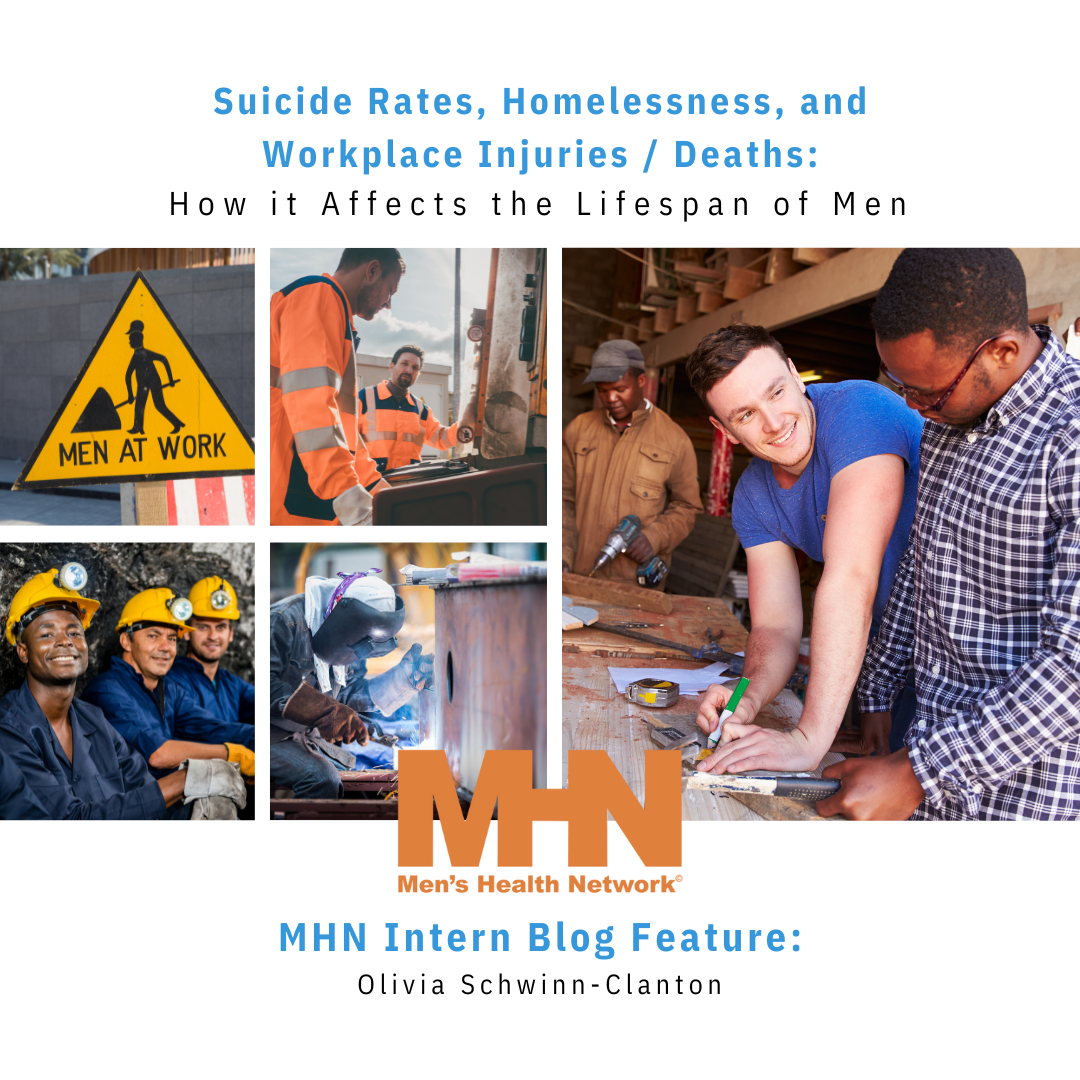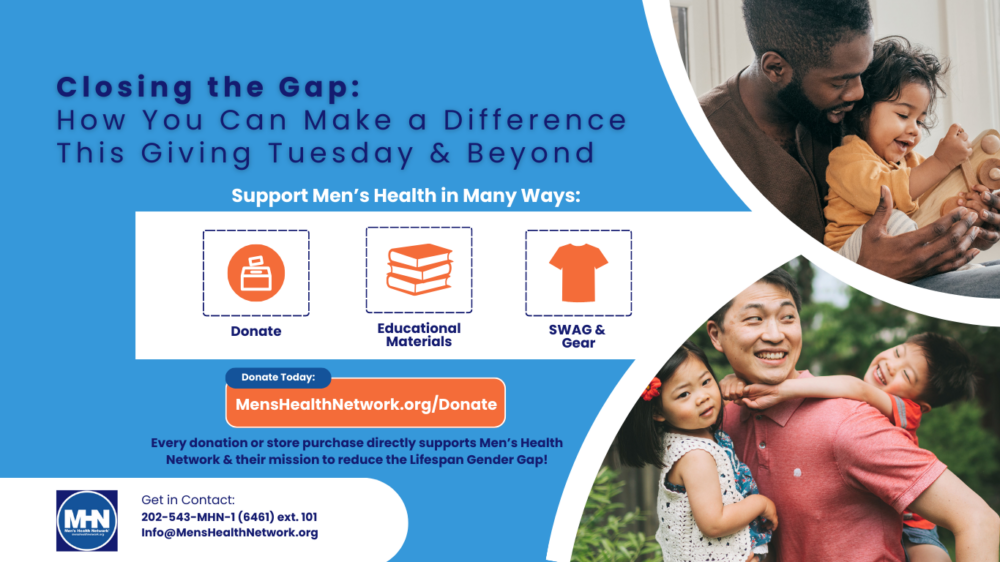This blog, reposted from Dominick Shattuck, PhD’s Substack with permission from the author, examines new research showing how many boys quietly disengage from preventive health care during the transition from adolescence to young adulthood. Drawing on findings from the Journal of Adolescent Health and decades of men’s health research, the piece explores how masculinity norms, low perceived risk, structural barriers, and unwelcoming health systems contribute to boys “falling off the health-care map.” It highlights why this early disengagement matters for long-term health outcomes and outlines practical, evidence-informed strategies for building health systems that keep boys connected to care before preventable problems become lifelong challenges.Continue reading
Tag: mental health
How Better Sleep Can Sharpen Cognitive Performance at Work
The blog “How Better Sleep Can Sharpen Cognitive Performance at Work” emphasizes the vital connection between quality sleep and professional success. It explains that sleep is not merely rest, but an active neurological process that rejuvenates the brain, enhances focus, and supports decision-making, creativity, and emotional stability. Poor sleep, common among busy professionals—especially men—leads to fatigue, low motivation, and reduced cognitive sharpness. A key factor in achieving restorative sleep is mattress quality: a supportive, breathable, and comfortable mattress promotes proper body alignment and uninterrupted rest, enabling the brain to complete its essential sleep cycles. The article offers practical tips such as maintaining a consistent sleep schedule, limiting caffeine, and managing stress to improve sleep hygiene. Ultimately, it argues that investing in better sleep—and the right mattress—is not just about health but also about career longevity, as a well-rested mind fosters productivity, innovation, and leadership in the workplace.Continue reading
This Giving Tuesday: Be the Change Men’s Health Needs
Giving Tuesday is next week, and Men’s Health Network (MHN) is calling on supporters to help close the Lifespan Gender Gap and build empathy for men’s health. This year, MHN expanded outreach across communities, churches, and schools, relaunched the Congressional Men’s Health Caucus, and supported bipartisan resolutions like H.R. 1300 (PSA Screening for HIM Act) and H.R. 675 (Prostate Cancer Awareness Month), advancing prevention and early detection nationwide. From toolkits that reached thousands to Ambassadors leading local events, MHN continues reaching men where they live, work, play, and pray. Your support powers awareness, education, and advocacy that saves lives.Continue reading
Reclaiming Masculinity: The Courage to Be Whole
In Reclaiming Masculinity: The Courage to Be Whole, Men’s Health Network spotlights the work of Dr. David P. Jachim, a psychoanalyst and MHN Advisory Board member whose book Men at the Brink: Masculinity in the 21st Century explores how modern narratives have distorted society’s view of manhood. Dr. Jachim examines the emotional and cultural costs of labeling masculinity as “toxic,” while calling for men to reclaim the virtues of courage, compassion, and integrity. Through empathy, self-care, and brotherhood, men can resist alienation and redefine strength in ways that heal, not harm. This reflection offers a powerful reminder: masculinity is not the problem—misunderstanding it is.Continue reading
Honoring Leadership, Legacy, and the Future of Men’s Health: Celebrating the Inaugural Jimmy Boyd Memorial Award
Men’s Health Network commemorates a milestone moment in the men’s health movement with the presentation of the Inaugural Jimmy Boyd Memorial Award for Leadership in Men’s and Boys’ Health, established by the APHA Men’s Health Caucus. The award honors the legacy of Jimmy Boyd, former Executive Director of MHN’s Washington, D.C. office, whose decades of advocacy helped launch Men’s Health Week and later Men’s Health Month. Jimmy’s bold leadership, mentorship, and unwavering commitment to improving the lives of men and boys continue to influence the field today. The first recipient of the award, Derek M. Griffith, PhD, was recognized for his extensive contributions to men’s health research, policy, and global leadership. In his acceptance statement, Derek reflected on Jimmy’s generosity, wisdom, and guidance—qualities that shaped many of today’s men’s health advocates. Global Action on Men’s Health (GAMH) also celebrated Derek’s recognition, noting how his leadership honors Jimmy’s legacy while advancing the movement worldwide. The blog highlights MHN’s official tribute to Jimmy Boyd, emphasizing his profound impact on policy, advocacy, mentorship, and the spirit of the men’s health movement. It also reflects on the award’s significance as a symbol of continuity—from Jimmy’s foundational work to Derek’s ongoing leadership. Together, Jimmy Boyd’s legacy and Derek Griffith’s achievements underscore the compassion, dedication, and human connection that continue to propel the men’s health movement forward.Continue reading
International Men’s Health Week 2025: Lead with Empathy, Act with Purpose
As we celebrate International Men’s Health Week, it’s important to recognize where it all began. Men’s Health Network not only launched Men’s Health Week and Men’s Health Month—they laid the groundwork for a global movement. Their advocacy helped pass the original Congressional resolution in 1994, signed into law by President Bill Clinton, establishing Men’s Health Week as a national observance. From there, they created the infrastructure, messaging, and coalition-building that gave rise to what is now an international health campaign.Continue reading
A New Chapter in Men’s Health Advocacy: 2025 Congressional Men’s Health Caucus Reforms and Rallies Support
Through partnering with the 2025 Congressional Men's Health Caucus, together we can recognizable pattern of neglecting men's and boys' issues—a pattern often driven by the mistaken belief that giving attention to men’s struggles takes something away from other important efforts. As the Caucus continues its work through the remainder of the 118th Congress, it does so with deep respect for the leaders who paved the way—especially Rep. Donald Payne Jr., whose advocacy helped put men’s health on the national stage. Now, a new generation is stepping in—not only on Capitol Hill, but across the country. Nonprofits, doctors, teachers, coaches, and families are joining forces to create a healthier future for our sons, fathers, brothers, and partners.Continue reading
Expanding Healthy People 2030: A Community-Driven Approach to Men’s Health
Healthy People 2030's next iteration should incorporate male-focused community initiatives that foster adequate support for the health needs of men and boys. By working together—across public health sectors, education systems, workplaces, and community organizations—we can create an environment where all individuals, regardless of sex, have the opportunity to live longer, healthier lives. Read on for more information on how men and boys stand up against Social Determinants of Health as stated in existing policy.Continue reading
Suicide Rates, Homelessness, and Workplace Injuries / Deaths: How it Affects the Lifespan of Men
Suicide Rates, Homelessness, and Workplace Injuries / Deaths: How it Affects the Lifespan of Men By: Intern Olivia Schwinn-Clanton Introduction – Lifespan of Men In the United States and around the world, women usually live longer than men. By age 65, 57% of people that age are women, and by age 85, that number increases...
Closing the Gap: How You Can Make a Difference This Giving Tuesday and Beyond
We need your help this Holiday Season to make an impact with the health and well-being of men and boys everywhere. The Lifespan Gender Gap has widened to 6 years, with men dying way too early from preventable diseases. We need everyone's help to get life-saving education, resources, and more into the hearts of communities across America. Consider purchasing from the Men's Health Network store or by donating today. Continue reading

